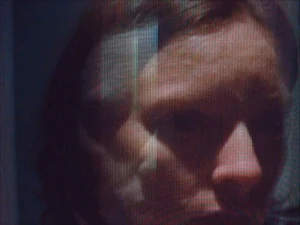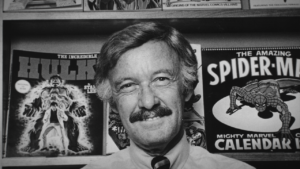‘Miserables’? More Like ‘Les Middling’
There are times when a cast of dozens, working intensely, is actually superior to a cast of hundreds working routinely.
The numbers are staggering: Since it opened in Paris more than three decades ago, “Les Miserables” has played in 42 countries in 21 languages to millions upon millions of enchanted fans. I hasten to say that’s OK with me. Victor Hugo, the author of the book upon which the show is based, had a helluva tale to tell, one that somehow, on occasion, survives, even triumphs over, its rather vapid musicalization.
Not so the movie, directed by Tom Hooper, which is achingly faithful to the theatrical production. You know the drill: Javert (in the case of the movie a rather glum Russell Crowe) pursues the saintly Jean Valjean (Hugh Jackman) across the many, many years after his release from jail (he was busted for stealing a loaf of bread to feed his sister’s child). Around them, people fall in love (not, as it happens, with any particular sexual energy), a revolution brews and Valjean prospers without giving any evidence of enjoying his rise. Everybody sings a lot.
Which is the first thing that’s always been wrong with “Les Miz.” The songs are just terrible — particularly the lyrics, which are relentless in their banality. For its lyricists, rhyming “moon” and “June” would be a major step upward in class. To a degree, the general bustle of the piece disguises these clunkers, but there are times when my ear practically quivers in dismay.
That, however, is not the deepest flaw in this film. On the stage, the show’s cast of dozens crammed into a limited space achieved — or so it seemed to me — a genuine jostling energy. There was always something afoot with them. They were busy and wayward and alive. You succumbed to them, almost against your better judgment. They believed in this enterprise and they carried you along with them.
But a big budget movie can do pretty much what it wants to do. Does a scene require a crowd? OK, Hooper will give you a crowd — in spades. And, paradoxically, nothing is left to our imagination. The force and focus of the stage presentation is thus dissipated. There are times when a cast of dozens, working intensely, is actually superior to a cast of hundreds working routinely. And that’s case with this movie.
As it wore along (it is more than two-and-a-half-hours in length), I became increasingly aware of its cut-cut style, and my mind began to wander. How is it, for example, that even though the story covers decades, Jackman never seems to age? He never seems to act his age. He’s daisy-fresh, even when he’s confronting his own mortality. And then there’s the matter of the ending. There’s a lot of “to the barricades” hoo-ha in “Les Miz.” And movies create their own expectations. We want the people to — well yes, bloodily — overthrow the old regime. But Javert commits a moody suicide — guess he’s finally learned his lesson — and a little later that cast bursts into triumphant song. The revolution is accomplished with only a minimal amount of head bashing. And, of course, romantically, everyone ends up in the right arms.
Much is being made, critically, over the fact that the actors are actually singing their songs to the camera — no recordings to which they lip-sync in postproduction. But that seems to me neither here nor there. It’s OK, I guess, but not exactly a breakthrough. It works fine, but it is not a gee-whiz experience.
Which is pretty much the way it goes with this “Les Miz” — a tolerable movie in its draggy and distant way, but nothing that sets your heart racing or your pulse pounding. It is faithful to its source, but it is not reinventive or imaginatively stirring. Rather it is just a lumpish and fitting climax to a year that was uncommonly full of such mildly disappointing experiences at the movies.
Your support matters…Independent journalism is under threat and overshadowed by heavily funded mainstream media.
You can help level the playing field. Become a member.
Your tax-deductible contribution keeps us digging beneath the headlines to give you thought-provoking, investigative reporting and analysis that unearths what's really happening- without compromise.
Give today to support our courageous, independent journalists.






You need to be a supporter to comment.
There are currently no responses to this article.
Be the first to respond.